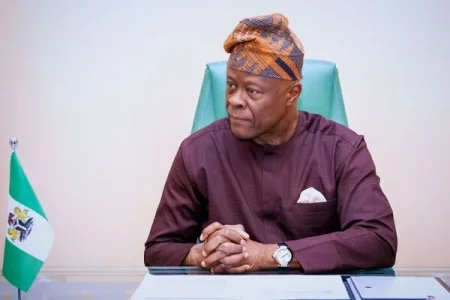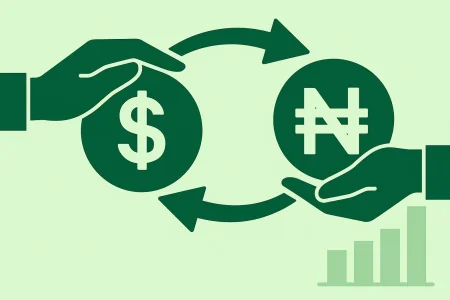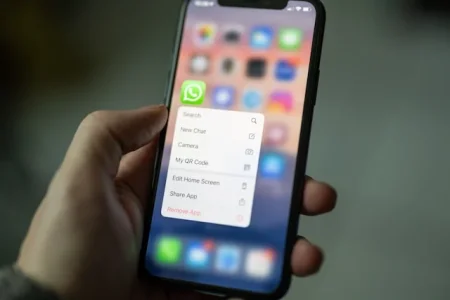
The World Bank has approved a $2.25 billion loan for Nigeria to stabilize its economy and support President Tinubu's macro-fiscal reforms, including the controversial fuel subsidy removal.
The World Bank has approved a $2.25 billion loan request for Nigeria, in a move aimed at stabilizing the country's economy, which is grappling with its worst cost-of-living crisis. The announcement was made by Wale Edun, Nigeria's Minister of Finance and Coordinating Minister of the Economy, who hailed the loan approval as a testament to President Bola Tinubu's "bold and necessary reforms to restore macro-economic growth."
Edun stated that the nation had implemented comprehensive macro-fiscal reforms, positioning it for the World Bank's assistance, given the institution's commitment to eradicating poverty – a challenge exacerbated by the reforms themselves.
President Tinubu's administration scrapped the fuel subsidy upon assuming office in 2023, citing the unsustainable nature of the subsidy payments for Nigeria's ailing economy and dwindling revenue. The subsidy removal led to a staggering 200% hike in fuel prices, from N170 to N580 and sometimes N680, based on foreign exchange market trends.
The fuel price hike became the catalyst for skyrocketing inflation in food prices and the costs of other goods and services. Tinubu's administration appeared ill-prepared for the backlash, prompting the president to seek assistance from foreign entities, including the World Bank.
Of the $2.25 billion loan, $1.5 billion was allocated for the Reforms for Economic Stabilisation to Enable Transformation (RESET) Development Policy Financing Program, while an additional $750 million was earmarked for the Accelerating Resource Mobilisation Reforms (ARMOR) and Program-for-Results (PforR).
Ousmane Diagana, the World Bank's Vice President for Western and Central Africa, praised Nigeria's reform efforts and reaffirmed the Bank's commitment to reducing poverty levels in the country. "Nigeria's comprehensive macro-fiscal reforms are placing the country on a new path that can stabilize the economy and lift people out of poverty," Diagana stated.



![[VIDEO] Nigeria-France Tax Pact Raises Alarm Over Economic Sovereignty, Data Security](/data/attachments/225/225994-433fd4353d39d53ea38688e6df225ee8.jpg?hash=9cyHdrZTdo)
